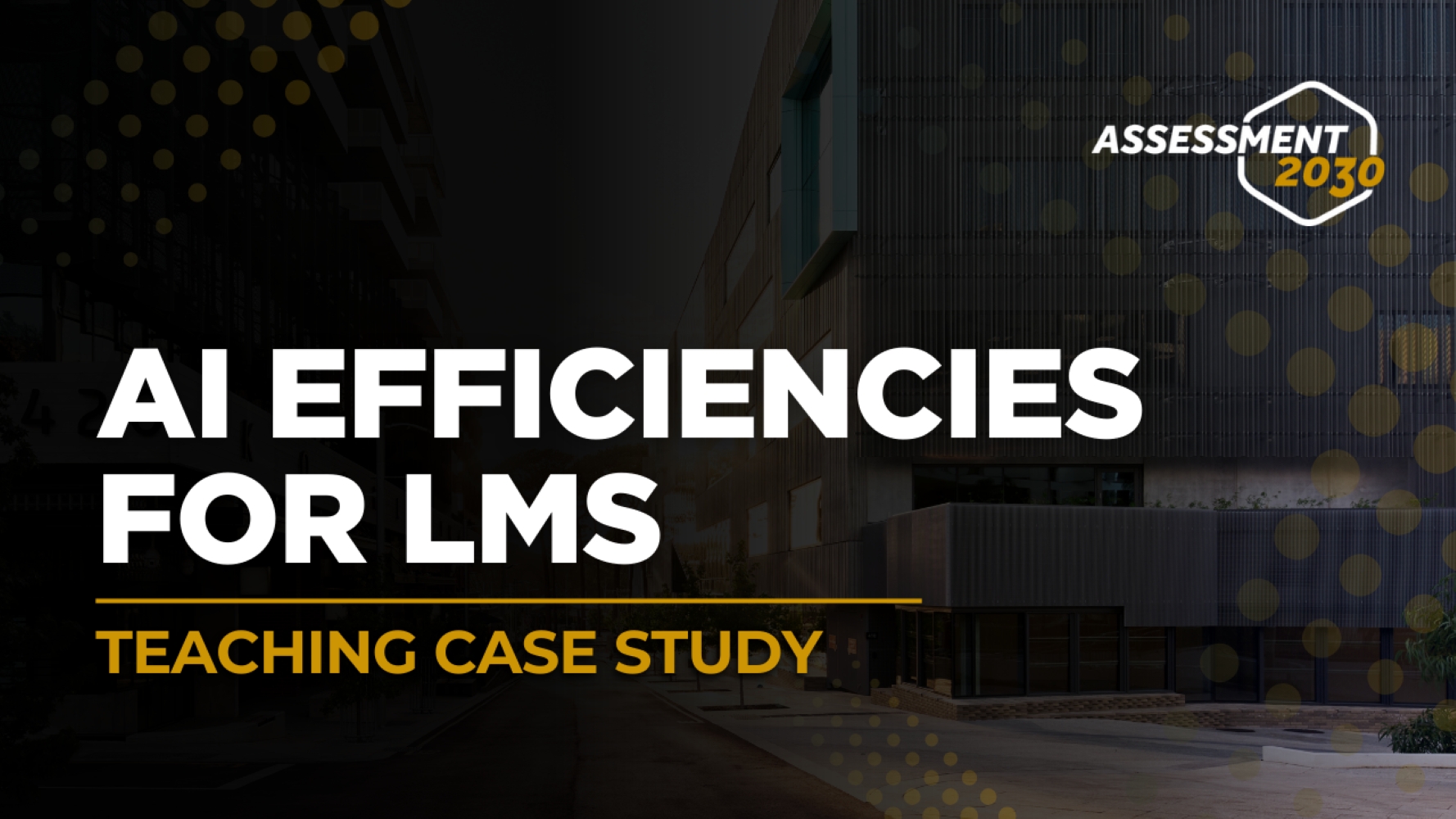The evolving landscape of higher education presents exciting opportunities to enhance how we approach everyday teaching and administrative practices. As educators navigate new tools and methodologies, Curtin University is committed to providing practical resources that support our academic community in working more efficiently while maintaining the highest standards of academic integrity.
This hub offers targeted tools to streamline your teaching workflows and administrative tasks. You’ll find guidance on how generative artificial intelligence can be thoughtfully integrated into both classroom and administrative contexts, alongside essential resources for curriculum planning and assessment design.
These resources sit outside our broader strategic initiative, focusing instead on immediate, actionable support for your day-to-day teaching needs. As we continue to expand this collection, our goal remains consistent: to provide practical tools that enhance your educational practice and better serve our students.
Are you a member of our Curtin community with ideas for how to grow our resource hub, or requests for resources you would like to see? Get in touch!

Learning Outcome Guide
Develop clear learning outcomes that support both teaching excellence and student success. Find practical guidance on alignment, scaffolding, and meeting Curtin’s academic standards.

Assessment Types
Explore Curtin’s refreshed Assessment 2030 categories that support transparency, alignment and diverse assessment design across courses.

Educator Guidance Note
Navigate GenAI in teaching with confidence. Our 2026 educator guidance covers assessment design, the Two-Lane Approach, and practical strategies to prepare students for tomorrow’s workplaces.

Understanding Exams at Curtin
A practical resource to help you design effective, inclusive exams at Curtin. Explore exam types, align questions with learning outcomes, use Respondus confidently, and support diverse student needs.

Future Fund 2026
The Future Fund is now accepting applications to support innovative teaching at Curtin. Grants up to $20,000 available for digital transformation and GenAI integration across three streams.

Assessment 2030 Showcase
Educators came together to explore innovative assessment practices shaping the future of education, featuring Curtin case studies and keynote insights from Prof Phillip Dawson, Deakin University.

Assessment Pulse Check
This pulse check is designed to help you understand how your current assessments would be classified under the Assessment 2030 Two-Lane Approach.

AI Efficiencies for LMS
Transform your teaching with GenAI tools that enhance both efficiency and student engagement. Watch Professor Mingming Cheng share his successful implementation strategies.
